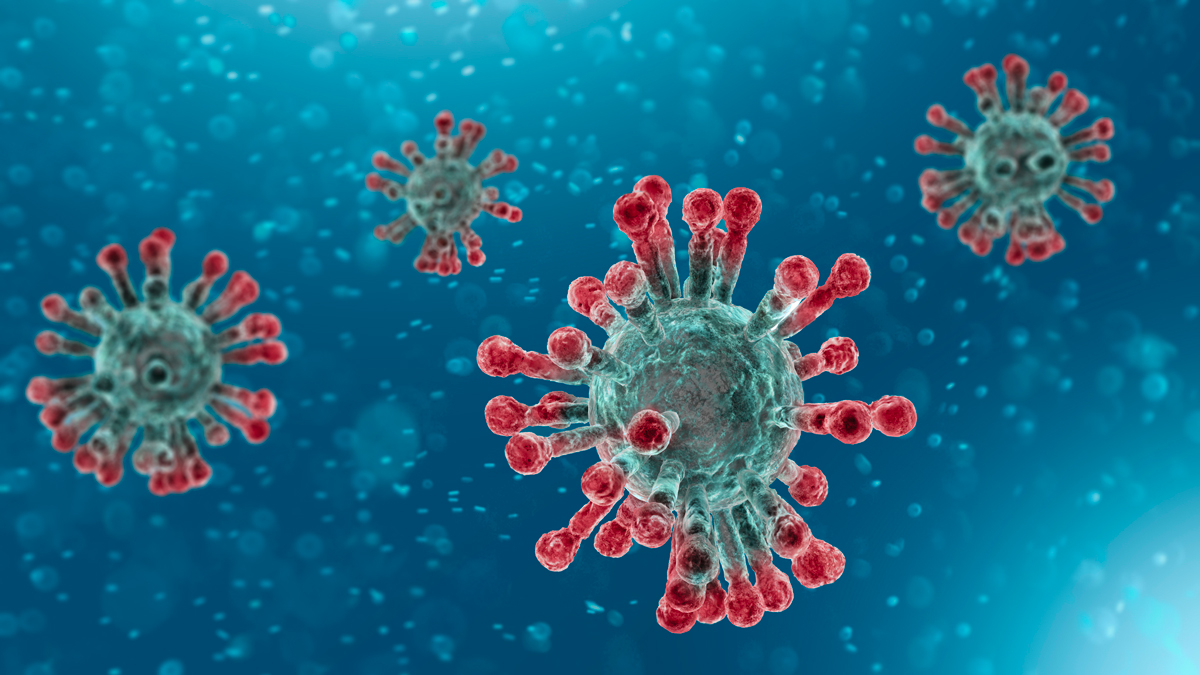Chasing Regeneron, AZ starts trials of its COVID-19 antibody cocktail

The first patients have been dosed in a trial of two AstraZeneca antibodies, collectively known as AZD7442, that are being developed to both treat and prevent coronavirus infections.
The phase 1 trial – funded by the US government – will take place in the UK and will test the safety of AZD7442 and its pharmacokinetic profile. It will enrol up to 48 people aged 18 to 55, and is expected to generate results before the end of the year.
AZD7442 is a combination of antibodies derived from convalescent plasma, taken from patients who have been infected with SARS-CoV-2 but have recovered.
The two antibodies were discovered by Vanderbilt University Medical Center and licensed to AZ in June. In animal and human cell models, the cocktail has been shown to block the binding of the SARS-CoV-2 virus to host cells and protect against infection.
The rationale behind the drug is the same as Regeneron’s REGN-COV2 antibody cocktail, which is further ahead in development having started phase 3 testing in early July, with preliminary data expected in the coming weeks.
REGN-COV2 advanced into phase 2/3 on the strength of a single phase 1 study, and the US government has already agreed a deal to scale up manufacturing and claim the first doses to be made.
Regeneron’s drug is being tested as a single intravenous dose in the treatment of established COVID-19, and as a subcutaneous dose in prevention studies involving household contacts of people infected with the coronavirus. A recently-started trial of the antibody is looking at a dosing frequency for subcutaneous injections of every four weeks.
Mene Pangalos, head of biopharmaceuticals R&D at AZ, says that AZD7442 has been developed using a half-life extension technology that “has the potential to improve both the effectiveness and durability of use in addition to reducing the likelihood of viral resistance.”
The half-life extended antibodies should afford at least six months of protection from COVID-19, according to AZ. If that profile is backed up in clinical testing it could mean that supplies of AZD7442 – which could be limited initially – will stretch further.
The FDA has just granted emergency use authorisation to the use of convalescent plasma to treat severe COVID-19 cases in the US – notably despite reservations among some health experts.
However, there are advantages to having off-the-shelf, standardised antibodies such as REGN-COV2 and AZD7442 that have been tested clinically and may reduce the risk of side effects.
Another approach that avoids the use of plasma itself was proposed by a group of companies that specialise in plasma-derived drugs back in April.
Led by Takeda and CSL Behring, the consortium – which also includes Biotest, BPL Group, LFB and Octapharma – is working on an “unbranded” hyperimmune immunoglobulin drug for SARS-CoV-2.












